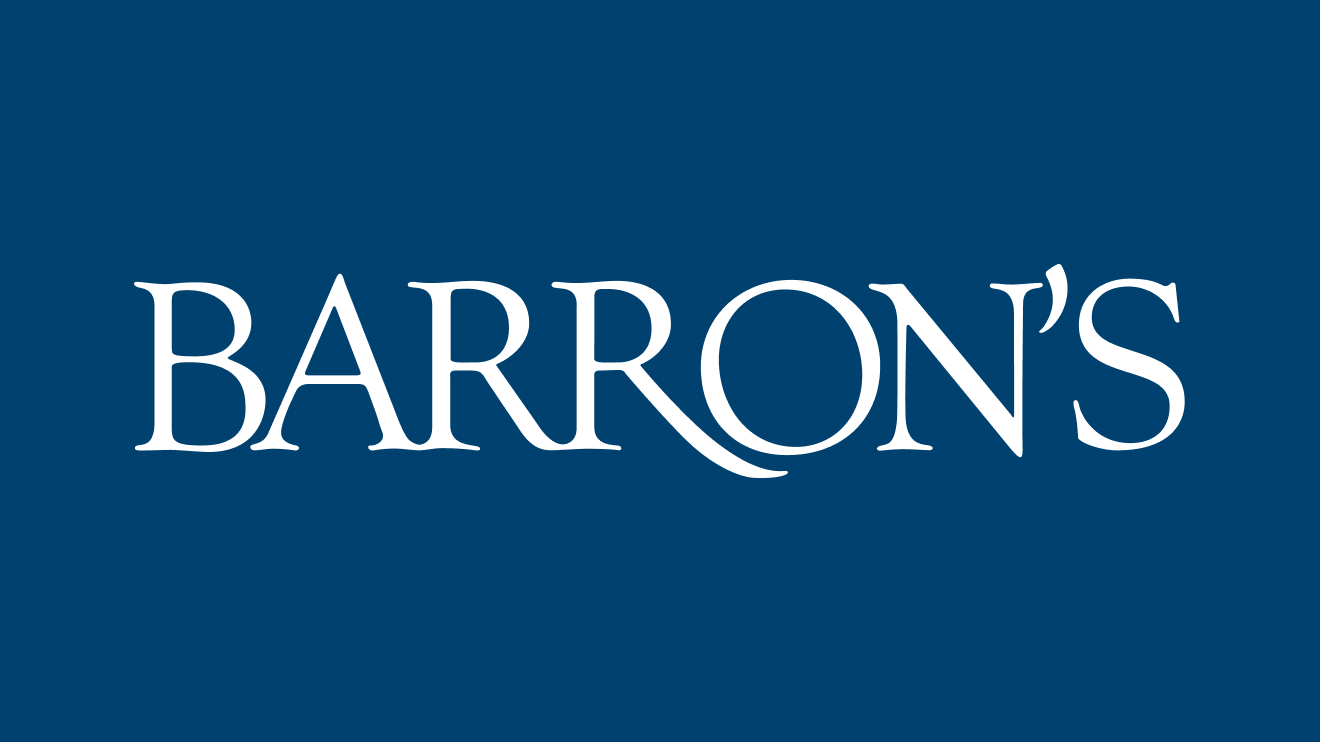Is Iranian military support for Russia’s war in Ukraine ‘at a new level’?
Iranian drones are ‘a danger we’re fighting with’, a Ukrainian expert warns, as conflict rages for a third year.
In a video posted online on May 26, the unidentified man said the white drone belonged to Ukraine and carried “missiles”.
German military analyst Julian Roepke said the drone was a malfunctioned heavy, Iranian-made Mohajer-6 drone.
“Iranian arms support for Russia at a new level,” he posted on X.
The crash landing revealed an unpleasant surprise for Ukraine.
The alleged “missiles” attached to the crashed drone were high-precision aerial bombs that were supposed to be dropped on the northern Ukrainian region of Sumy, analyst Roepke said.
Tehran supplies them to Moscow – along with cheaper, slower Shahed “kamikaze” drones, artillery shells and, reportedly, ballistic missiles. Observers say they are sent in return for the Kremlin’s international backing and far more advanced Russian weaponry that can shield Iran from potential Israeli and United States attacks.
Since 2022, Shaheds have become “ersatz cruise missiles” that allow Moscow to launch massive, frequent assaults on energy infrastructure and civilian sites, according to Ukrainian military analyst Mykhailo Zhirokhov.
“In the fall of 2022, Russians almost succeeded in plunging the entire country into darkness with the help of such drones,” Zhirokhov told Al Jazeera.
The sight and sound of Shaheds horrified Ukrainians, and the destruction they caused brought the war to the doorsteps of millions.
“I thought I saw my death,” retired nurse Oleksandra Kozodub told Al Jazeera, recalling the white, triangular Shahed she had seen in central Kyiv during a first heavy drone attack in October, 2022.
“I just sat on the asphalt and looked at it fly by,” she said about the attack that killed six, including a pregnant woman.
In dozens of subsequent attacks, swarms of the drones killed hundreds, destroyed power and transmission stations, and damaged residential buildings.
US national security adviser Jake Sullivan said Tehran’s arms put “Iran in a place where it could potentially be contributing to widespread war crimes”.
Kyiv accused Tehran of dispatching Islamic Revolutionary Guard Corps servicemen to Russia-occupied Ukrainian regions to instruct Russian troops on how to launch the Shaheds.
“We strongly deny this news,” Nasser Kanani, an Iranian foreign ministry spokesman, was quoted by AFP as saying on October 24, 2022.
Yet weeks later in November, Ukrainian intelligence claimed to have killed 10 such instructors in annexed Crimea.
Ukrainians learned quickly how to shoot down the Shaheds with assault rifles and advanced Western air defence systems.
They derogatorily nicknamed them “mopeds” for their slow speed and the sound they make.
But Russia started assembling hundreds of modified Shaheds, which it calls Gerans, monthly near the western Russian city of Yelabuga.
They are painted black for lower visibility and have Russian-made Kometa-M antennae to suppress radio-electronic jamming.
In April, Ukraine struck the Yelabuga plant with long-distance drones.
Protokol, an independent Russian media outlet, reported in July, 2023 that Russian college students are forced to assemble the drones at the factory, working long shifts without breaks alongside dozens of young women hired from Uganda, Ethiopia and Tanzania.
Shaheds and Gerans overwhelm Western-supplied air defence systems, forcing Kyiv to spend expensive missiles on them – and then the Russians launch faster and much more destructive cruise missiles.
“Unfortunately for us, [Shaheds] are a danger we’re fighting with – rather effectively,” Lieutenant General Ihor Romanenko, ex-deputy chief of Ukraine’s General Staff of Armed Forces, told Al Jazeera. “But they still get through, strike, kill people.”
He compared the swarms of Shaheds with “meat marches”, frontal assaults by hundreds of Russian servicemen to identify weak spots in Ukrainian positions.
“They’re meat marches midair,” Romanenko said.
Russia’s use of Mohajer drones has mostly been limited to air patrols and the correction of strikes over the Black Sea.
Equipped with infrared target seekers and a televised guidance system, the Qaem-5 bombs that weigh up to 25kg can glide towards their target for up to 40km (25 miles) using six tiny wings around their bodies.
But experts doubt they will become a game-changer.
Russia already uses much heavier, domestically manufactured gliding bombs that destroy the most fortified Ukrainian defence installations.
These weapons spurred a string of recent takeovers of several towns in eastern Ukraine.
The use of smaller Iranian bombs may be limited to striking tanks, said a military analyst with Germany’s Bremen University.
“Which [bombs] are better will become known by the results of their use on the front line,” Nikolay Mitrokhin told Al Jazeera.
Iran has also supplied the Russian military with limited numbers of 152mm artillery shells and 120mm mortar mines, the analyst Zhirokhov said.
“However, according to feedback from Russian military, this ammunition’s quality was inadequate,” he said.
Ukraine’s military shared this opinion after receiving some intercepted Iranian-made ammunition intended for Yemen’s Houthi rebels from the US, he said.
Reuters reported in February, citing sources in the Iranian military, that Tehran provided Russia with some 400 surface-to-surface missiles with a range of up to 700km (435 miles).
Ukrainian President Volodymyr Zelenskyy backed the claim recently, saying that Iran supplies “not just drones, but missiles too”.
Source: Al Jazeera
























